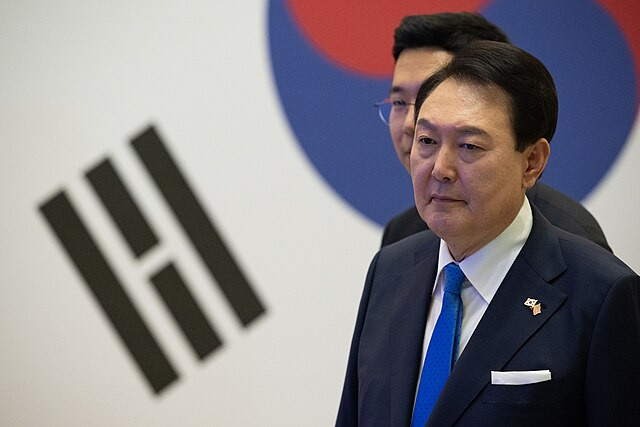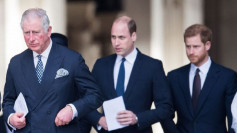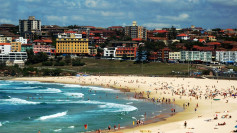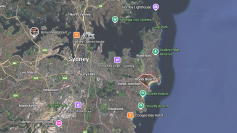In a historic and dramatic decision, South Korea's National Assembly voted Saturday to impeach President Yoon Suk Yeol following his controversial martial law declaration earlier this month. The vote, passed with 204 lawmakers in favor and 85 opposed, immediately suspends Yoon's presidential powers. Prime Minister Han Duck-soo now serves as acting president under South Korean law.
Yoon, who had faced mounting calls for his resignation after deploying military forces to block lawmakers from convening, issued a statement after the vote, saying, "I will not give up...I will do my best until the last moment for the nation."
The impeachment motion accuses Yoon of rebellion, claiming his martial law decree violated the country's constitutional order. His declaration, the first such measure in South Korea in over 40 years, sent shockwaves through a country still haunted by memories of its authoritarian past.
The public backlash was swift and overwhelming, with protests erupting nationwide. Opposition Democratic Party leader Lee Jae-myung condemned Yoon's actions, urging ruling party lawmakers to join the impeachment effort, saying, "History will remember and record your choice."
In testimony to parliament, military officials described alarming orders issued during the martial law crisis. According to one report, Special Warfare Command Commander Kwak Jong-geun said he received instructions to block access to the National Assembly, though he refrained from executing them.
The National Assembly's decision marks only the third time a South Korean president has faced impeachment. Yoon now awaits a ruling by the Constitutional Court, which has up to 180 days to decide whether to uphold the impeachment or reinstate him. If upheld, South Korea must hold a presidential election within 60 days to select his successor.
The impeachment process is reminiscent of previous political turmoil in South Korea. In 2017, then-President Park Geun-hye was removed from office after the Constitutional Court upheld her impeachment over a corruption scandal.
Saturday's impeachment vote was catalyzed by mounting public outrage over Yoon's martial law declaration, which briefly deployed military forces to parliament on December 3. Protesters, braving freezing temperatures in Seoul, cheered as news of the impeachment spread. One protester described the decision as a victory for democracy, saying, "Democracy is back!"
Amid the political crisis, acting President Han Duck-soo emphasized the need for stability, assuring citizens that government functions would continue smoothly. Han told reporters that he would "devote all [his] strength to stable operation of state affairs," as quoted in the sources.
Yoon's martial law decree, described by critics as a blatant overreach of executive power, has spurred multiple investigations. South Korean police recently raided the presidential office as part of an ongoing inquiry into allegations of rebellion. Meanwhile, former Defense Minister Kim Yong-hyun, who reportedly advised Yoon to impose martial law, was arrested earlier this week.
The unfolding crisis has drawn international attention, with U.S. Ambassador to South Korea Philip S. Goldberg affirming that the U.S.-South Korea alliance remains "ironclad." Goldberg also expressed confidence in South Korea's democratic processes.
Despite the impeachment, Yoon remains defiant. In a recent address, he justified his actions, framing his martial law declaration as a necessary measure to address political deadlock. Opposition lawmakers, however, have characterized his actions as unconstitutional and harmful to South Korea's democratic values.
The next steps hinge on the Constitutional Court's decision, which will shape South Korea's political future in the months ahead.






